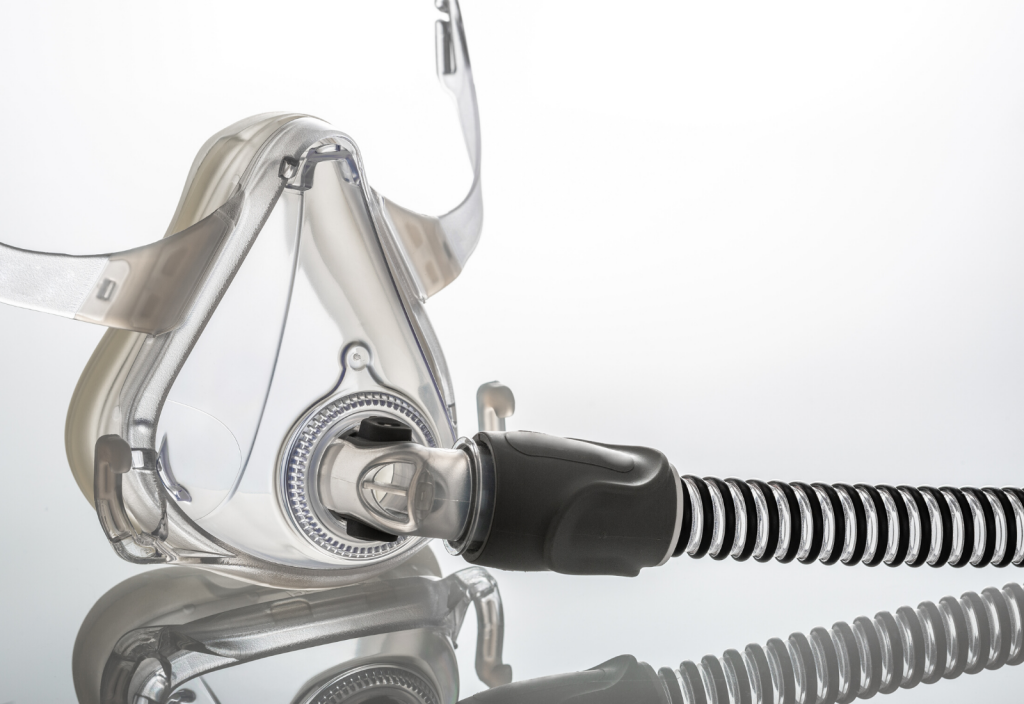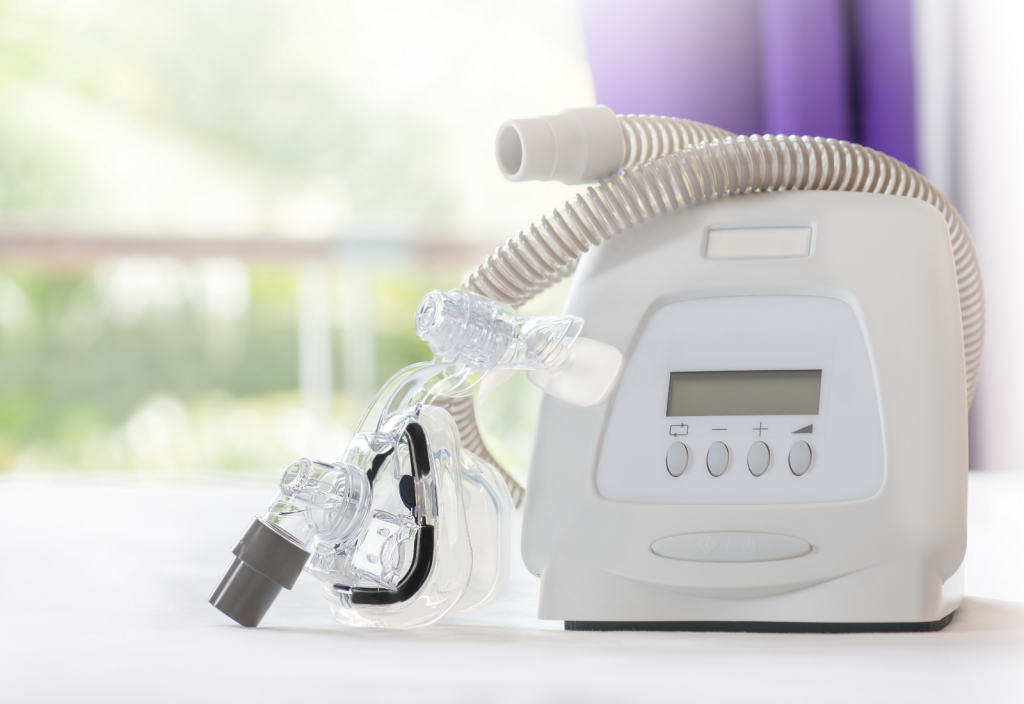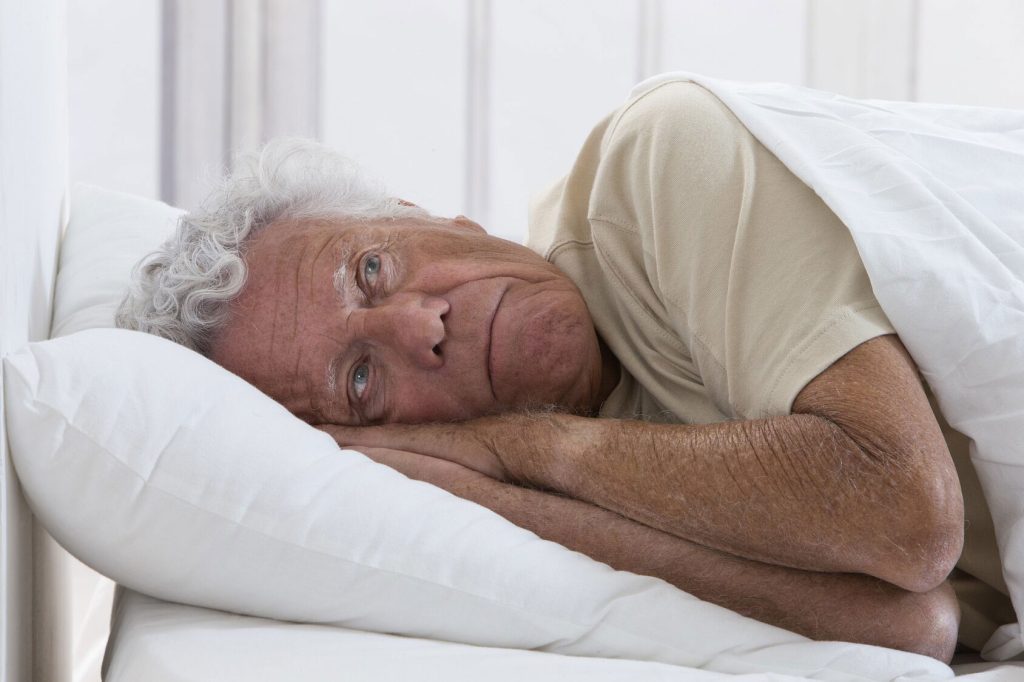Signs of sleep apnea can vary person to person, but there are some common symptoms that can be missed or considered non-serious.
Most will suffer symptoms and not realise they have sleep apnea.
What Is Sleep Apnea
In short sleep apnea is the stopping and starting of breathing during sleep. Signs of sleep apnea can vary person to person, but there are some common symptoms that can be missed or considered non-serious.
Sleep Apnea most commonly known as OSA (obstructive sleep apnoea) is linked to obesity, aging and underlying pulmonary or cardiovascular issues.
So what actually is it? Well, sleep apnea is a sleeping disorder in which breathing is briefly and repeatedly interrupted during sleep. Meaning the effected person stops breathing for a short period of time, before resuming breath again. This happens many times during the night.
These pauses in breathing can occur when the muscles in the back of the throat fail to keep the airway open during sleep. This is related to obstruction from the airways becoming relaxed or narrowed.
For more information on Sleep Apnea and what it is click here.
There are many signs of sleep apnea that can lead to an individual seeking medical attention. But, not all will experience the same symptoms. Meaning it can go undiagnosed for some time before the sufferer seeks help.
Causes Of Sleep Apnea
There are genetics specialists that believe Sleep Apnea is passed down through families. However, there are many lifestyle factors that increase the risk of OSA that are more likely to be the most common cause.
Being 40 years or older puts you at risk, although people in the age group of 65 and over are at a much higher risk than other age groups. Obesity also causes a higher possibility of developing sleep apnea.
Other causes include:
- Smoking
- Drinking
- Sleeping Pills
- Large Tonsils
- Sleeping On Your Back
- Having A Large Neck Circumference
Stats show that generally around 9% of women and 25% of men in Australia have clinically significant OSA.
Signs Of Sleep Apnea
Whilst some Obstructive Sleep Apnea (OSA) sufferers do not exhibit all of the symptoms they will usually experience one or more. However, some symptoms and risks will be unnoticeable unless medical attention is sought. For example:
- Low blood oxygen levels
- Hypertension
- Heart disease
- Higher chance of stroke
But there are indicators and signs of sleep apnea you or your family may notice, which should lead to seeking medical attention. These include:
- Mood change (feeling irritable, short tempered, depressed)
- Memory problems
- Fragmented sleep
- Extreme tiredness leading to clumsy episodes, drowsy driving, change in eating habits and sleeping during the day
- Snoring, gagging, gasping or choking noises during sleep
- Noticeable periods of not breathing repeatedly during the night
Sleep Apnea Diagnosis
The most common way to get diagnosis is from a sleep clinic. Private sleep clinics allow bookings, or you can be referred by your doctor if he or she suspects you have OSA.
To get a diagnosis you will spend the night at a sleep clinic where you will be monitored throughout your sleep. Things like blood oxygen levels, brain waves, sleep state, heart rate and blood pressure will be monitored.
It is possible that you will be asked to wear a CPAP machine, which is essentially a mask that helps you breathe as you sleep.
Treatment type and next steps will be advised after your sleep study has been complete. The type of treatment you are given is dependent upon the severity.
A common treatment is CPAP (continuous positive airway pressure) machines or masks.
There are also lifestyle based actions you can take to prevent OSA and to help treat it.
These include losing weight, wearing a specific gum shield for sleep, sleeping with your head propped up slightly, exercising and eating well, and sleeping on your side.
These are all reputable treatments but may not be suitable for you! After conducting your sleep study and receiving diagnosis your sleep physician will discuss with you the most appropriate treatment option for your case.
The most important thing is your wellbeing. And your treatment should be reflective of this.









